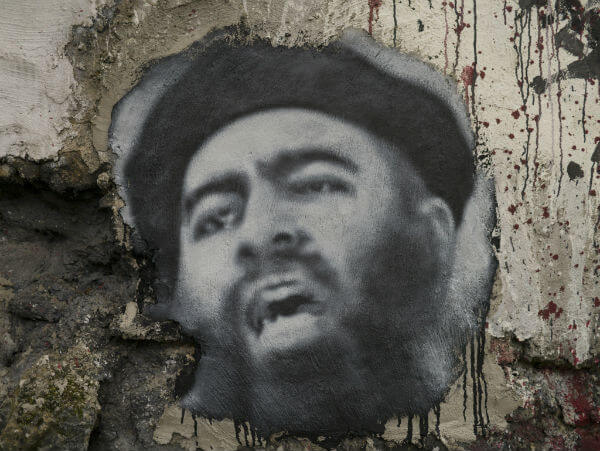
Cole Bunzel writes: For Osama bin Laden, the United States was the “head of the snake” — the primary target of al-Qaeda’s jihad. “Its many tails,” the authoritarian regimes of the Middle East, were deemed of secondary importance.
For Abu Bakr al-Baghdadi, however, it is the regime in Saudi Arabia that is the “head of the snake,” as he has said in a metaphorical revision worthy of note. This revision by the leader of the Islamic State marks a significant change in the priorities of the global jihadi movement now spearheaded by that group. Notwithstanding the deadly terrorist attacks in Paris in November 2015, this group’s focus is on the Middle East before the West. Its slogan, “remaining and expanding,” is indicative of its foremost aims: entrenching itself in its Syrian and Iraqi territories and conquering new ones. One of those territories increasingly in its sights is Saudi Arabia, home to Islam’s holiest places and one-quarter of the world’s known oil reserves.
The competition between the jihadi statelet and the Gulf monarchy is playing out on two levels, one ideological and one material.
Ideologically, the Islamic State presents itself as the true guardian of the particular version of Islam native to Saudi Arabia — that is, Wahhabism, a variant of Salafism. Over the past two decades the jihadi-Salafi movement, which encompasses both al-Qaeda and the Islamic State, has become more Wahhabi in orientation, its leaders and thinkers rooting their radical ideas in the Wahhabi tradition. Wahhabism has thus emerged as the most prominent feature of the Islamic State’s ideology. It follows that the conflict between Saudi Arabia and the Islamic State can be understood as one between competing models of the same idea, namely, an Islamic state. Both are self-professed Islamic polities claiming to represent Wahhabi Islam.
Materially, the Islamic State has launched a string of attacks on Saudi soil, targeting Shia civilians and Saudi security forces, and has made its presence official with the establishment of three declared provinces. The latter are, of course, provinces in name only. The Islamic State does not administer or oversee territory in Saudi Arabia; it carries out terrorist attacks in the name of an administrative fiction that it hopes one day to make reality. While for the foreseeable future the provinces will remain fictional, the terrorism intended to realize them is likely to continue.
Throughout 2015, several authors offered rather unfavorable comparisons of Saudi Arabia and the Islamic State, some drawing a direct line from one to the other. They pointed out the similar educational curricula used by the two and the shared practice of beheading, among other things. Kamel Daoud, in a November 2015 New York Times op-ed, argued that “Saudi Arabia is a Daesh that has made it,” referring to the group by the Arabic acronym for its former name — a “dressed up” form of the same thing. But for the most part these comparisons are wide of the mark, as Saudi Arabia seeks partnership with the West and does not aspire to global conquest.
The comparison worth noting is the one in the minds of the Islamic State’s jihadi thinkers, the idea that Saudi Arabia is a failed version of the Islamic State. As they see it, Saudi Arabia started out, way back in the mid-eighteenth century, as something much like the Islamic State but gradually lost its way, abandoning its expansionist tendencies and sacrificing the aggressive spirit of early Wahhabism at the altar of modernity. This worldview is the starting point for understanding the contest between the kingdom and the caliphate, two very different versions of Islamic states competing over a shared religious heritage and territory. [Continue reading…]


